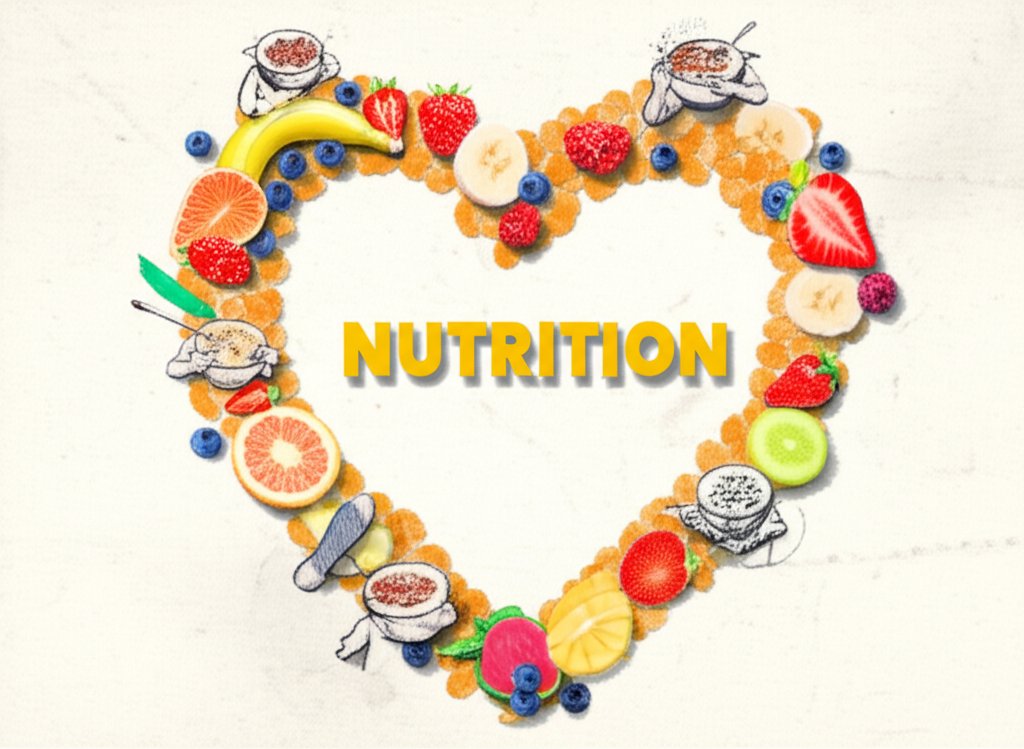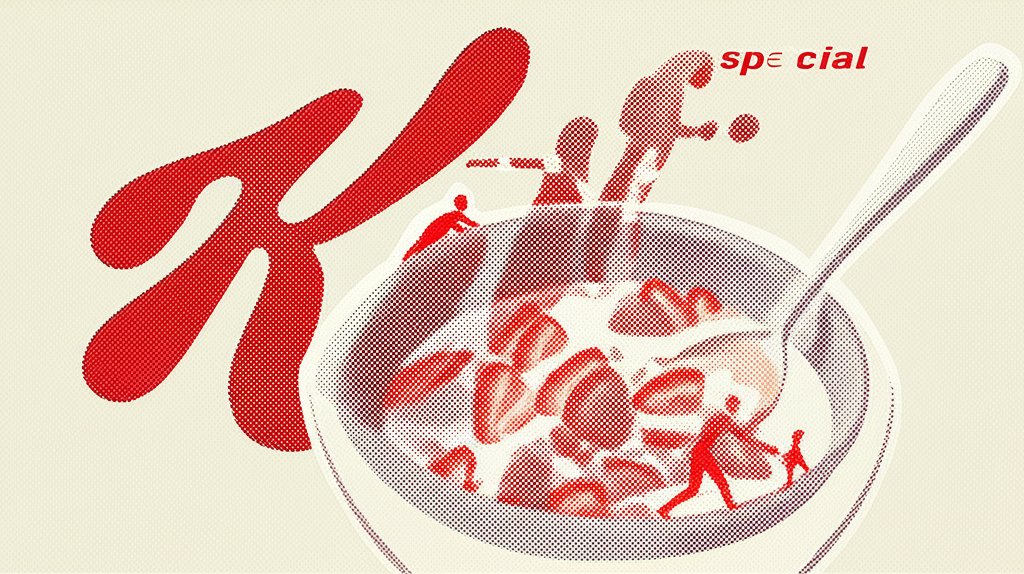Are you carefully tracking your nutrition, even down to your morning bowl of Special K? Maybe you’re drawn to the promise of a healthy start, similar to the benefits offered by nutrient-rich foods like smoked salmon. But before you dig in, it’s worth taking a closer look at just what special k nutrition facts reveal.
At a Glance:
- Discover the detailed nutritional breakdown of Special K cereal, including key vitamins and minerals.
- Compare different Special K varieties to find the best option for your dietary needs.
- Understand the potential benefits and drawbacks of incorporating Special K into your diet.
- Learn how Special K stacks up against other breakfast choices, including protein-rich options like smoked salmon.
- Get practical tips for making the most of Special K as part of a balanced eating plan.
Decoding the Cereal Box: A Deep Dive into Special K Nutrition
Special K has long been marketed as a breakfast cereal choice for weight management and a healthy lifestyle. Let’s break down what a standard serving (typically ¾ cup or around 30-31 grams, but always check the label!) of the Original Special K delivers. This gives a base to compare with alternatives, like beginning your day with smoked salmon (more on that comparison later!).
Here’s a typical snapshot:
| Nutrient | Amount per Serving (Original Special K) | % Daily Value* |
|---|---|---|
| Calories | 110-120 | |
| Total Fat | 0.5g -1g | 1% |
| Saturated Fat | 0g | 0% |
| Cholesterol | 0mg | 0% |
| Sodium | 190-230mg | 8-10% |
| Total Carbohydrate | 22-23g | 8% |
| Dietary Fiber | 0-1g | 0-4% |
| Total Sugars | 4-5g | |
| Added Sugars | 4-5g | 8-10% |
| Protein | 6g | |
| * Percent Daily Values are based on a 2,000-calorie diet. Your daily values may be higher or lower depending on your calorie needs. | ||
| Key Takeaways: |
- Low in Fat: Special K is generally very low in fat, which can be appealing if you’re watching your fat intake.
- Moderate in Calories: The calorie count is reasonable for a breakfast cereal.
- Added Sugar: The presence of added sugars is a significant consideration, as excessive sugar consumption is linked to various health concerns.
- Decent Protein: At 6 grams, the protein content is respectable, but might not be substantial enough to keep you feeling full for long.
- Sodium Conscious: The sodium content could be a concern for some, especially those monitoring their sodium intake, as discussed in this comprehensive guide to Discover smoked salmon nutrition facts; like smoked salmon, Special K’s sodium can add up quickly if you’re not mindful.
- Fortified with Vitamins and Minerals: Special K is often fortified with vitamins and minerals like iron, vitamin A, vitamin C, and various B vitamins. This boosts its nutritional value but doesn’t replace the need for a balanced diet.
Special K: Not a One-Size-Fits-All Cereal
It’s important to realize that “Special K” isn’t just one product. The brand offers various flavors and formulations, each with its own nutritional profile. This means special k nutrition facts can change quite dramatically based on which Special K box you pick up!
A Quick Comparison:
- Special K Original: The baseline, as described above.
- Special K Protein: Contains added protein (often soy protein isolate) to boost satiety. Expect a higher protein content (around 10-12 grams per serving) but possibly more sodium or added sugars.
- Special K Fruit & Yogurt: Includes dried fruit and yogurt-flavored pieces. This version will likely have a higher sugar content than the original.
- Special K Chocolatey Delight: Need we say more? The chocolate version will have significantly more sugar than the original.
The Action: Always scrutinize the nutrition label of every box, even if it’s the “same brand.” Small tweaks in ingredients can lead to surprisingly large differences in sugar, sodium, and fiber.
Benefits and Drawbacks: The Real Deal
Now that we know what is in Special K, let’s weigh the pros and cons.
Potential Benefits:
- Convenient and Quick: A readily available breakfast option, ideal for busy mornings.
- Fortified Nutrients: A source of added vitamins and minerals that can help fill nutrient gaps.
- Low-Fat Content: Suitable for individuals watching their fat intake.
- May Aid Weight Management (If Done Right): Due to its moderate calorie count, Special K can be part of a weight-loss plan if portion sizes are controlled and it’s combined with a balanced diet.
Potential Drawbacks: - High in Added Sugars: Contributes to excessive sugar intake, potentially leading to weight gain, blood sugar imbalances, and increased risk of chronic diseases.
- Relatively Low in Fiber: Lacks the fiber needed for sustained fullness and digestive health. Can lead to energy crashes and cravings later in the morning.
- Can Be High in Sodium: Poses a concern for individuals with high blood pressure or sodium sensitivity.
- Not a Complete Meal on Its Own: Lacks healthy fats and sufficient protein, making it necessary to supplement with other foods to create a balanced breakfast.
Example:
Sarah wants to lose weight and starts eating Special K every morning. Initially, she sees results due to the calorie deficit. However, she experiences mid-morning energy crashes and finds herself snacking on sugary treats. She realizes that the lack of fiber and healthy fats in her Special K breakfast is causing these issues.
Special K vs. Smoked Salmon: A Breakfast Showdown
Let’s compare Special K to another popular breakfast choice: smoked salmon. Smoked salmon is a savory option that is naturally rich in protein and healthy fats.
| Feature | Special K (Original) | Smoked Salmon (100g) |
|---|---|---|
| Calories | 110-120 | 117 |
| Protein | 6g | 18.3g |
| Fat | 0.5-1g | 4.3g |
| Carbohydrates | 22-23g | 0g |
| Sugar | 4-5g | 0g |
| Sodium | 190-230mg | 672mg |
| Fiber | 0-1g | 0g |
| Omega-3 Fatty Acids | Minimal | High |
| Key Differences and Considerations: |
- Protein Powerhouse: Smoked salmon provides significantly more protein than Special K, contributing to greater satiety and muscle support.
- Healthy Fats: Smoked salmon is rich in omega-3 fatty acids, which are beneficial for heart and brain health. Special K is very low in fat.
- Sugar Content: Smoked salmon contains no sugar, while Special K has added sugars that can negatively impact blood sugar levels and overall health.
- Sodium Levels: Smoked salmon is notably higher in sodium, a crucial consideration, especially if you’re also aware that special k nutrition facts reveal similar high sodium levels.
- Overall Nutrient Density: Smoked salmon offers a wealth of essential nutrients, including vitamin B12, vitamin D, and selenium.
The Verdict: While Special K is a convenient and low-calorie option, smoked salmon provides a more nutrient-dense and balanced breakfast choice, offering high-quality protein, healthy fats, and essential vitamins and minerals.
Making the Most of Special K: Practical Tips
If you enjoy Special K and want to incorporate it into your diet while minimizing its drawbacks, here’s a practical guide:
- Choose Wisely: Opt for varieties with lower sugar content and higher protein and fiber. Special K Protein is a better choice than Special K Fruit & Yogurt, generally.
- Control Portion Sizes: Stick to the recommended serving size (usually ¾ cup) to manage calorie and sugar intake. Resist the urge to fill a large bowl.
- Add Protein and Healthy Fats: Pair Special K with sources of protein and healthy fats to create a more balanced and satisfying meal. Options include:
- A handful of nuts or seeds (almonds, walnuts, flaxseeds, chia seeds)
- A scoop of Greek yogurt (plain, unsweetened)
- A tablespoon of nut butter (peanut butter, almond butter)
- A side of hard-boiled eggs
- Boost Fiber: Enhance the fiber content by adding:
- Fresh or frozen berries (strawberries, blueberries, raspberries)
- A sprinkle of bran or psyllium husk
- Read the Ingredients List: Be aware of added sugars and artificial ingredients. Choose options with minimal processing and recognizable ingredients.
- Balance Your Day: If you start with Special K, make sure the rest of your day includes low-sodium or low-sugar options to balance your overall nutrient intake.
Example:
Instead of a bowl of Special K with milk alone, John combines ¾ cup of Special K Protein with ½ cup of Greek yogurt, ¼ cup of blueberries, and a tablespoon of almond butter. This adds protein, healthy fats, and fiber, creating a more balanced and satisfying breakfast that keeps him full until lunchtime.
Quick Answers to Your Special K Questions
Here are some common questions and misconceptions about Special K:
Q: Is Special K a “diet” cereal?
A: It’s marketed as a weight-management cereal, but it’s not a magic bullet. Weight loss depends on overall calorie intake and a balanced lifestyle.
Q: Is Special K healthy?
A: It can be part of a healthy diet if consumed in moderation and paired with other nutrient-rich foods. However, it’s not the most nutrient-dense option on its own.
Q: Can I eat Special K every day?
A: You can, but it’s better to diversify your breakfast choices. Vary your intake with other options like oatmeal, eggs, or smoked salmon.
Q: Is Special K gluten-free?
A: Most Special K varieties are not gluten-free, as they contain wheat. However, some gluten-free versions are available; check the label.
Actionable Close: Making Informed Choices
Understanding special k nutrition facts empowers you to make informed decisions about your breakfast choices. While Special K offers convenience and certain nutrients, it’s essential to be mindful of its sugar and sodium content and its limited fiber and healthy fats. By choosing wisely, controlling portion sizes, and pairing it with nutrient-rich foods, you can make Special K a part of a balanced and healthy eating plan. Remember to compare options like smoked salmon to ensure you choose options that deliver the greatest nutritional bang for your buck!

- Borosilicate Food Containers for Durable and Safe Everyday Use - January 30, 2026
- Borosilicate Glass Meal Prep Containers Offer Durable Oven-Safe Storage - January 29, 2026
- Glass Storage Bowls With Glass Lids Offer Superior Freshness - January 28, 2026










